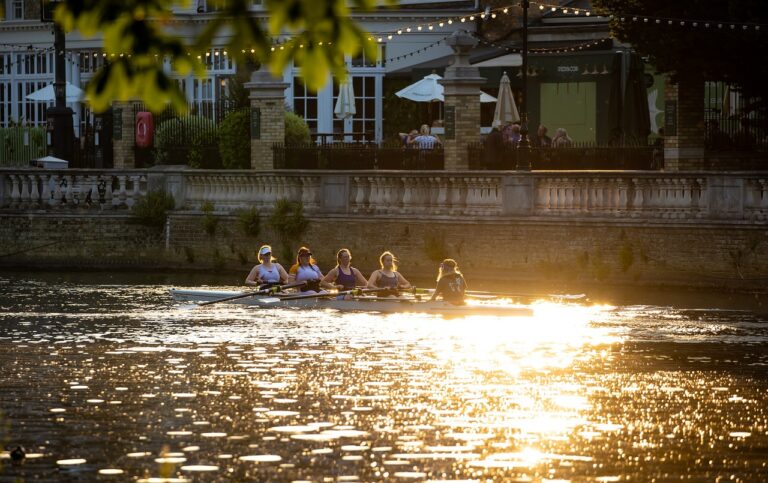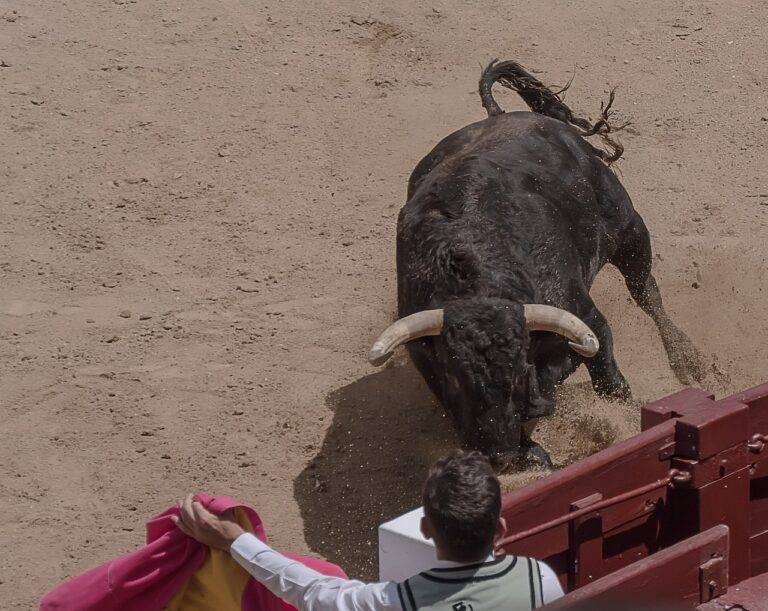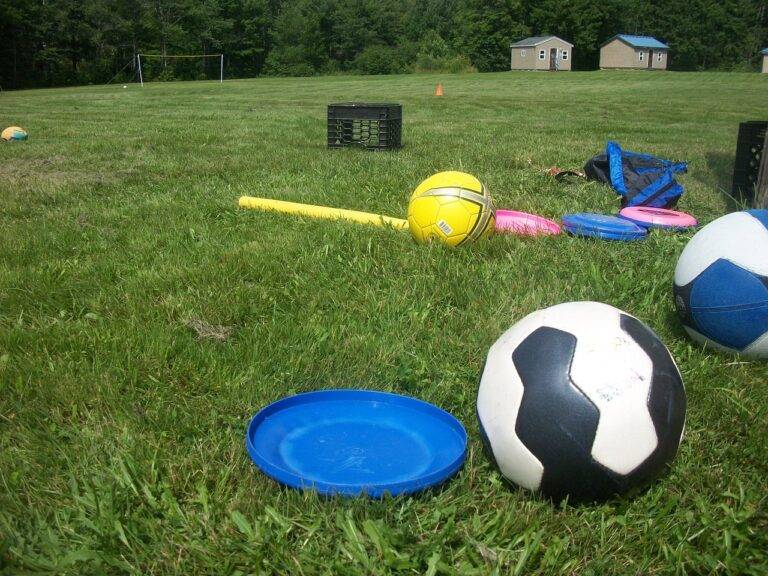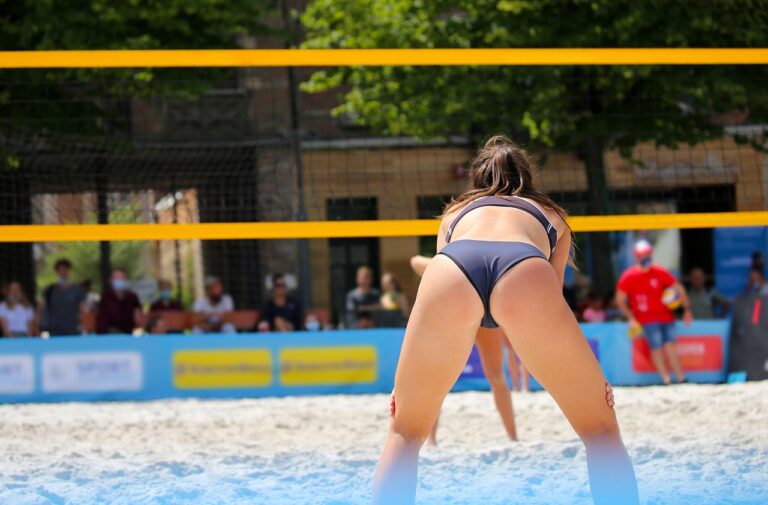Media Training for IPL Players and Coaches
11xplay online, diamondexch9.com register, skyexchange: Media Training for IPL Players and Coaches
Media Training is an essential part of being a professional cricketer, especially in the high-pressure environment of the Indian Premier League (IPL). With millions of fans and intense media coverage, it is crucial for players and coaches to know how to handle themselves in front of the media. Proper media training can help individuals navigate interviews, press conferences, and social media interactions with ease and confidence. In this blog post, we will discuss the importance of media training for IPL players and coaches and provide some tips on how to excel in media interactions.
Why is media training important for IPL players and coaches?
Media training is essential for IPL players and coaches for several reasons. Firstly, in today’s digital age, everything a player or coach says or does can be instantly shared with millions of people around the world. It is crucial for individuals to understand how to communicate effectively and positively represent themselves, their team, and their sponsors.
Secondly, the media can be a powerful tool for building a player’s or coach’s personal brand. By mastering media interactions, individuals can increase their visibility, attract new fans and sponsors, and enhance their market value.
Lastly, media training can help players and coaches handle difficult or controversial situations with grace and professionalism. In the high-pressure environment of the IPL, it is crucial for individuals to know how to navigate tough questions and maintain their composure under stress.
Tips for excelling in media interactions
1. Be prepared: Before any media interaction, take the time to prepare your key messages and talking points. Anticipate possible questions and have your responses ready. Familiarize yourself with the current news and trends in cricket to ensure you are well-informed.
2. Stay calm and composed: Whether you are facing a press conference or a one-on-one interview, it is essential to remain calm and composed. Speak clearly and confidently, maintain eye contact, and remember to breathe.
3. Be authentic: Authenticity is key to building trust with the media and fans. Be yourself and communicate in a genuine and transparent manner. Avoid using jargon or cliches and speak from the heart.
4. Practice active listening: During media interactions, make sure to listen to the questions carefully before responding. By demonstrating active listening, you show respect to the interviewer and can provide more thoughtful and relevant answers.
5. Manage your body language: Body language plays a crucial role in communication. Be mindful of your posture, facial expressions, and gestures. Maintain an open and approachable stance to convey confidence and professionalism.
6. Use social media wisely: In today’s digital age, social media can be a powerful tool for connecting with fans and building your personal brand. However, it is essential to use social media wisely and avoid controversial or inappropriate posts.
7. Seek feedback: After media interactions, solicit feedback from your team, coaches, or media trainers. Reflect on your performance and identify areas for improvement. Continuous feedback and practice are key to mastering media interactions.
8. Stay positive: In the high-pressure environment of the IPL, it is easy to get caught up in negativity. Stay positive and focus on your goals and values. Use media interactions as an opportunity to inspire and motivate others.
Frequently Asked Questions
Q: How can media training benefit IPL players and coaches?
A: Media training can help players and coaches navigate interviews, press conferences, and social media interactions with confidence and professionalism. By mastering media interactions, individuals can enhance their personal brand, attract new fans and sponsors, and handle difficult situations with grace.
Q: Is media training only important for senior players and coaches?
A: Media training is crucial for players and coaches at all levels of experience. Whether you are a rookie or a veteran, mastering media interactions can help you build your personal brand, attract new opportunities, and enhance your market value.
Q: How can players and coaches find media training resources?
A: Many professional sports organizations offer media training workshops and resources for players and coaches. Additionally, individuals can seek guidance from experienced media trainers, PR professionals, or mentors within the industry.
In conclusion, media training is a valuable skill for IPL players and coaches to master. By preparing for media interactions, staying calm and composed, being authentic, and using social media wisely, individuals can excel in interviews and press conferences. With practice and feedback, players and coaches can leverage media interactions to build their personal brand, attract new opportunities, and inspire fans around the world.







